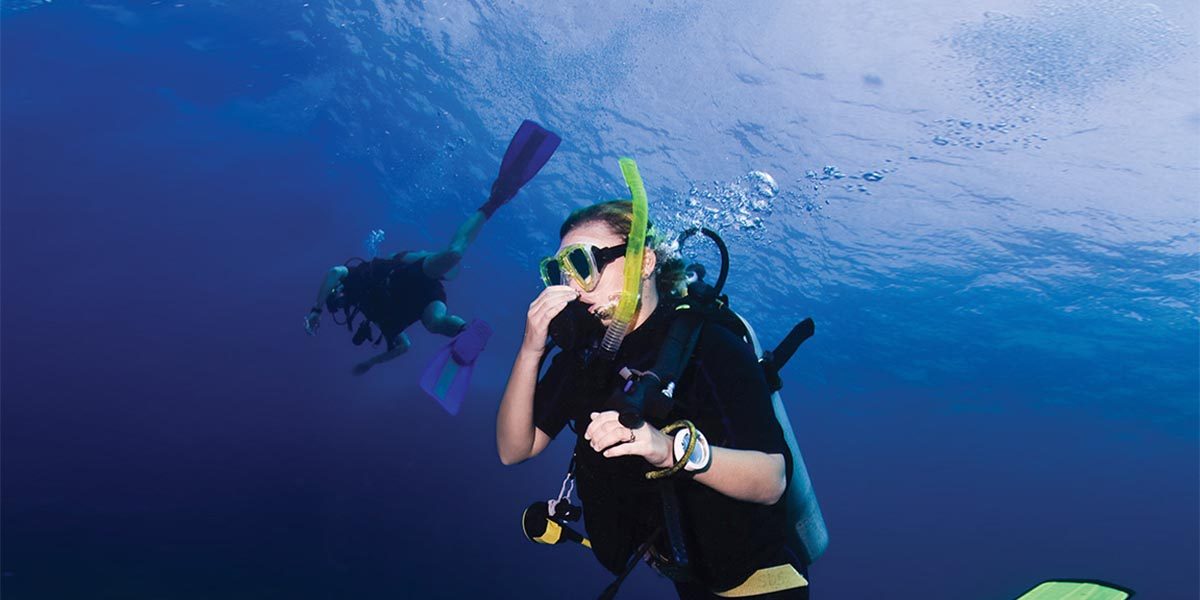I usually carry on going upwards slowly. I haven't dived many times since I was certified, and it's always with my instructor (who organises short dive trips). Since he claims it's impossible that I may have equalising problems while going upwards, and I think he may feel impatient waiting for me while I struggle with it, I don't insist on going even more slowly than he has told us to go. When I hear my ears start popping wildly, I suppose that's what makes the pain not too strong, as I assume it means my ears are compensating in some way, though not well enough, or it wouldn't hurt at all. But I can't deny I feel very worried while all of this is going on. In fact, I was on the verge of not getting certified, because my instructor said I sort of kicked in a weird and anxious way when going to the surface. My last OWD dive was a bit of a disaster, as I was worried about my ears from the very beginning, but, apparently well enough to be certified.
When I travel by car in the mountains and I swallow, my ears pop without problem, no matter whether I'm ascending or descending, so does this mean that if manage to swallow while going to the surface I would equalise well? The problem is my anxiety makes my mouth even drier.
Should I go downwards a bit, equalise as usual when descending (swallowing, if I can, or doing the Valsava manoeuvre if I can't), and start going upwards again as soon as I do it? As I said, I think I shouldn't do Valsava while going to the surface, should I?




